SUMMARY
This is AI generated summarization, which may have errors. For context, always refer to the full article.
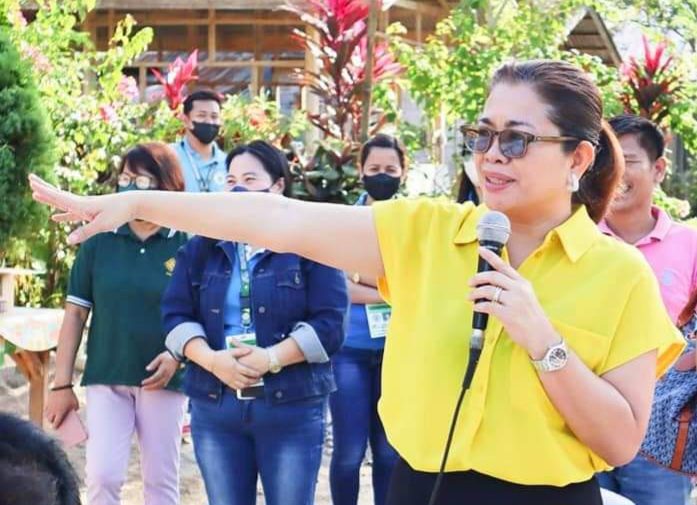
GENERAL SANTOS, Philippines – The provincial government of Cotabato has ordered a temporary ban on entry of rubber tree seedlings from Basilan province and the Zamboanga Peninsula region to prevent the spread of Pestalotiopsis, a devastating fungal disease.
In an executive order, Cotabato Governor Emmylou Talino-Mendoza directed the office of the provincial agriculturist to increase monitoring and surveillance effective immediately.
The ban, which took effect on February 3, covers Basilan and the provinces in the Zamboanga Peninsula region — Zamboanga del Norte, Zamboanga del Sur, Zamboanga Sibugay, and the cities of Isabela, Dapitan, Dipolog, Pagadian, and Zamboanga.
“Thousands of residents in our province rely on rubber trees for employment and income, and we cannot risk that,” Mendoza said.
Dr. Jill Villanueva, a senior science research specialist at the Philippine Rubber Research Institute (PRRI), said Pestalotiopsis spreads quickly through the air and can infect not just rubber trees, but other plants as well.
The disease causes leaf fall, significantly decreases sap production, and ultimately kills the infected rubber tree.
Pestalotiopsis has so far ravaged around 800 hectares of rubber plantations in Basilan, according to the province’s officials.
Mendoza also called on rubber farmers and producers to avoid sourcing their rubber tree seedlings and grafted and stem cuttings from the restricted areas.
She stressed the importance of protecting Cotabato’s over P1-billion rubber industry from decline, as thousands of residents rely on it for employment and income.
The Zamboanga Peninsula is a significant rubber-producing region, with Zamboanga Sibugay alone producing more than 80% of the rubber in the entire area.
While Cotabato province is primarily known for its fruit farms and orchards, it also boasts more than 32,000 hectares of rubber plantations, generating nearly half a million pesos per hectare annually.
Before she decided to order the ban, Mendoza consulted with rubber farmers, stakeholders, and experts to discuss the symptoms, vulnerability, and effects of the disease, as well as potential solutions.
The Department of Agriculture (DA) in Soccsksargen alerted the province to the fungal disease and called for increased monitoring of rubber plantations and immediate disinfection.
Josephine Megalbin, the director of the Soccsksargen Agriculture Aquatic and Natural Resources Research and Development Consortium, has called for the creation of a task force to put in place measures and plans to protect rubber plantations and educate farmers and plantation workers about the disease. – Rappler.com
Add a comment
How does this make you feel?
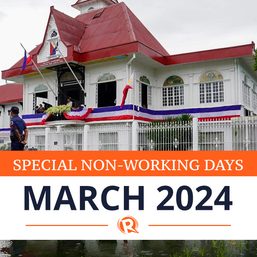

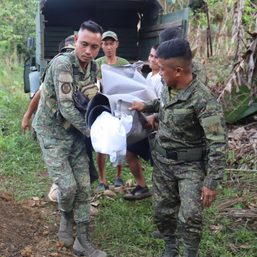

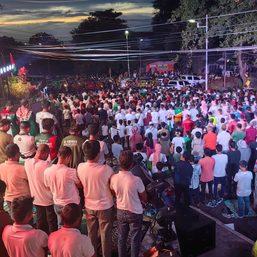
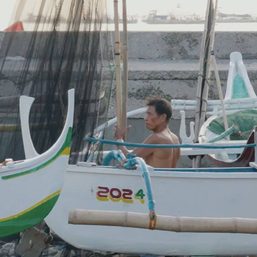
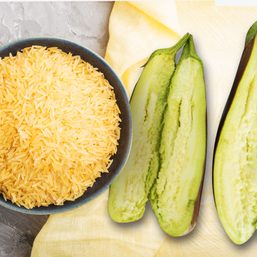

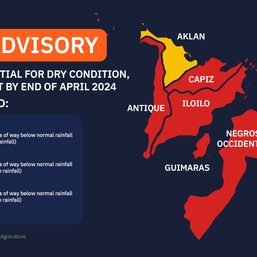
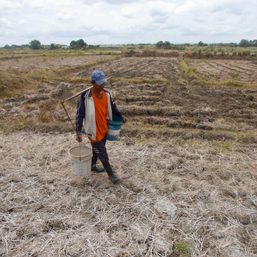
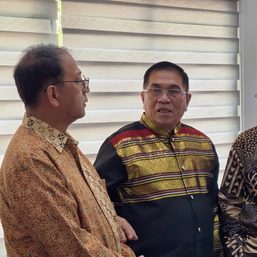
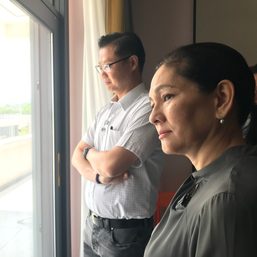
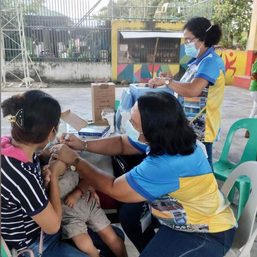
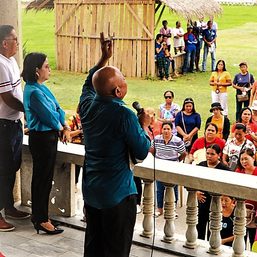
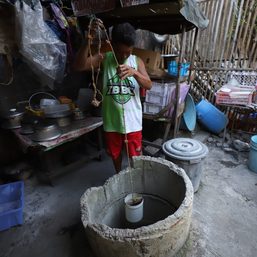

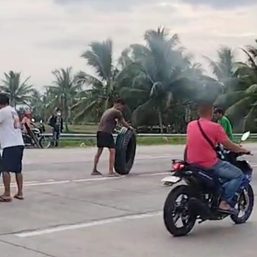
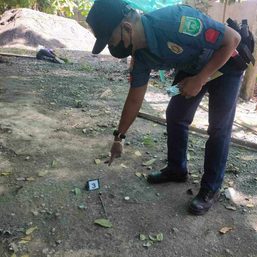
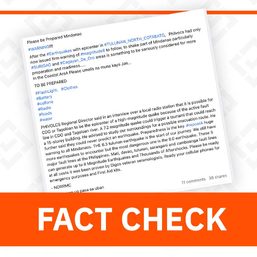
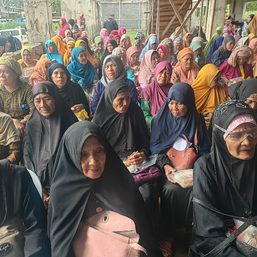

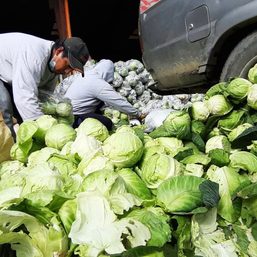
![[ANALYSIS] Investigating government’s engagement with the private sector in infrastructure](https://www.rappler.com/tachyon/2024/04/tl-gov-private-sectors-infra-04112024-1.jpg?resize=257%2C257&crop=435px%2C0px%2C1080px%2C1080px)
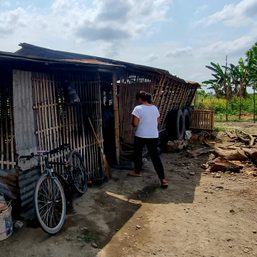
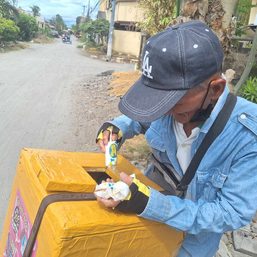
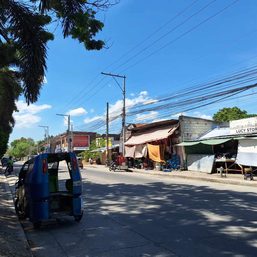
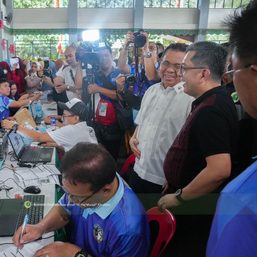
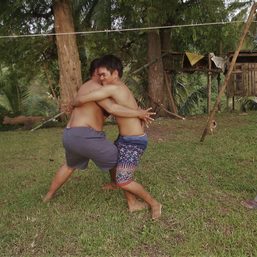

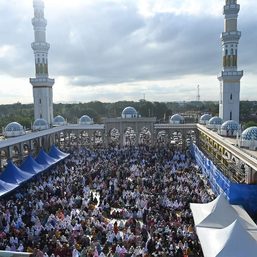

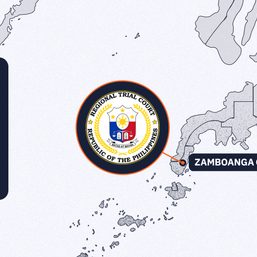

There are no comments yet. Add your comment to start the conversation.